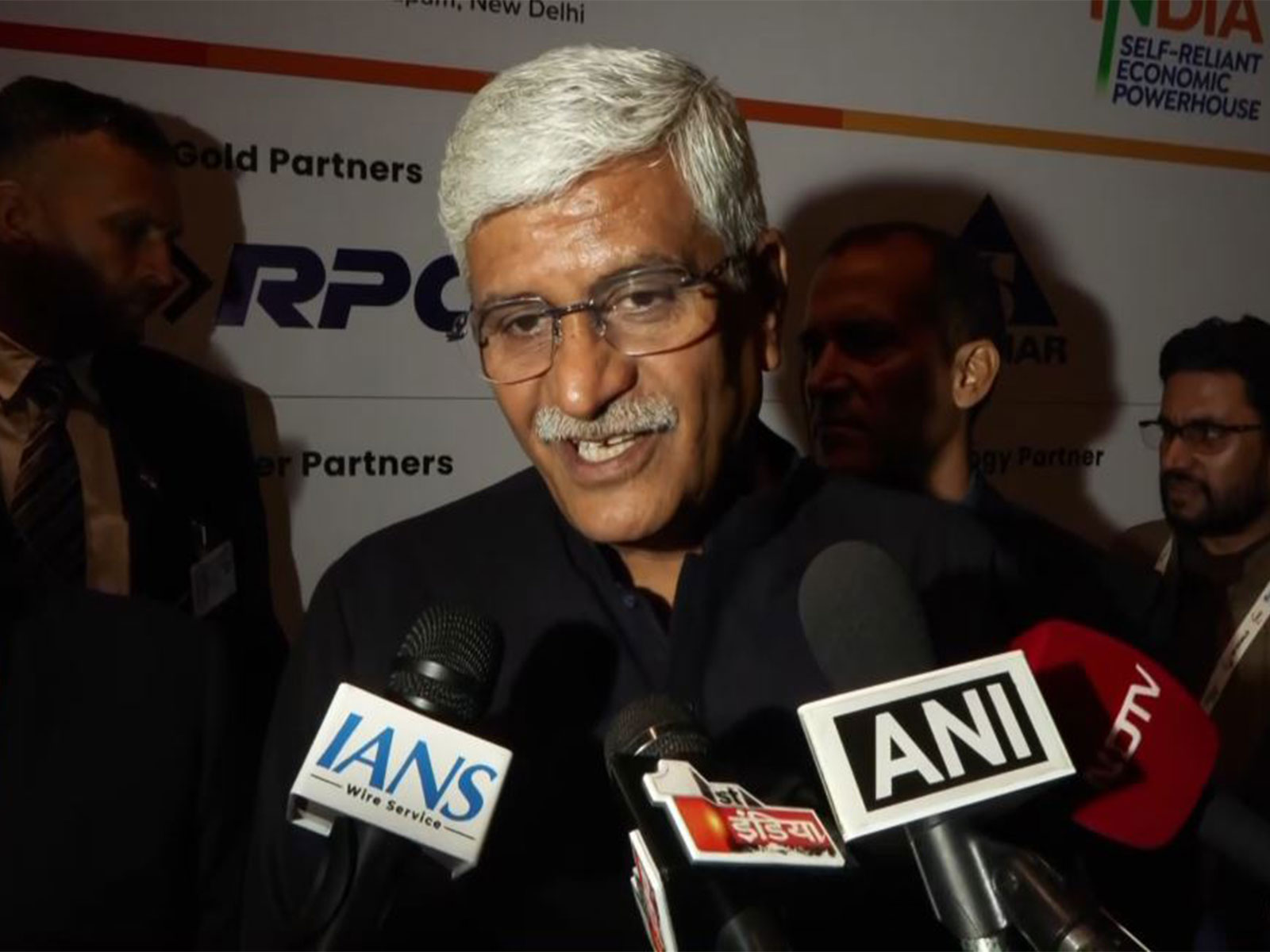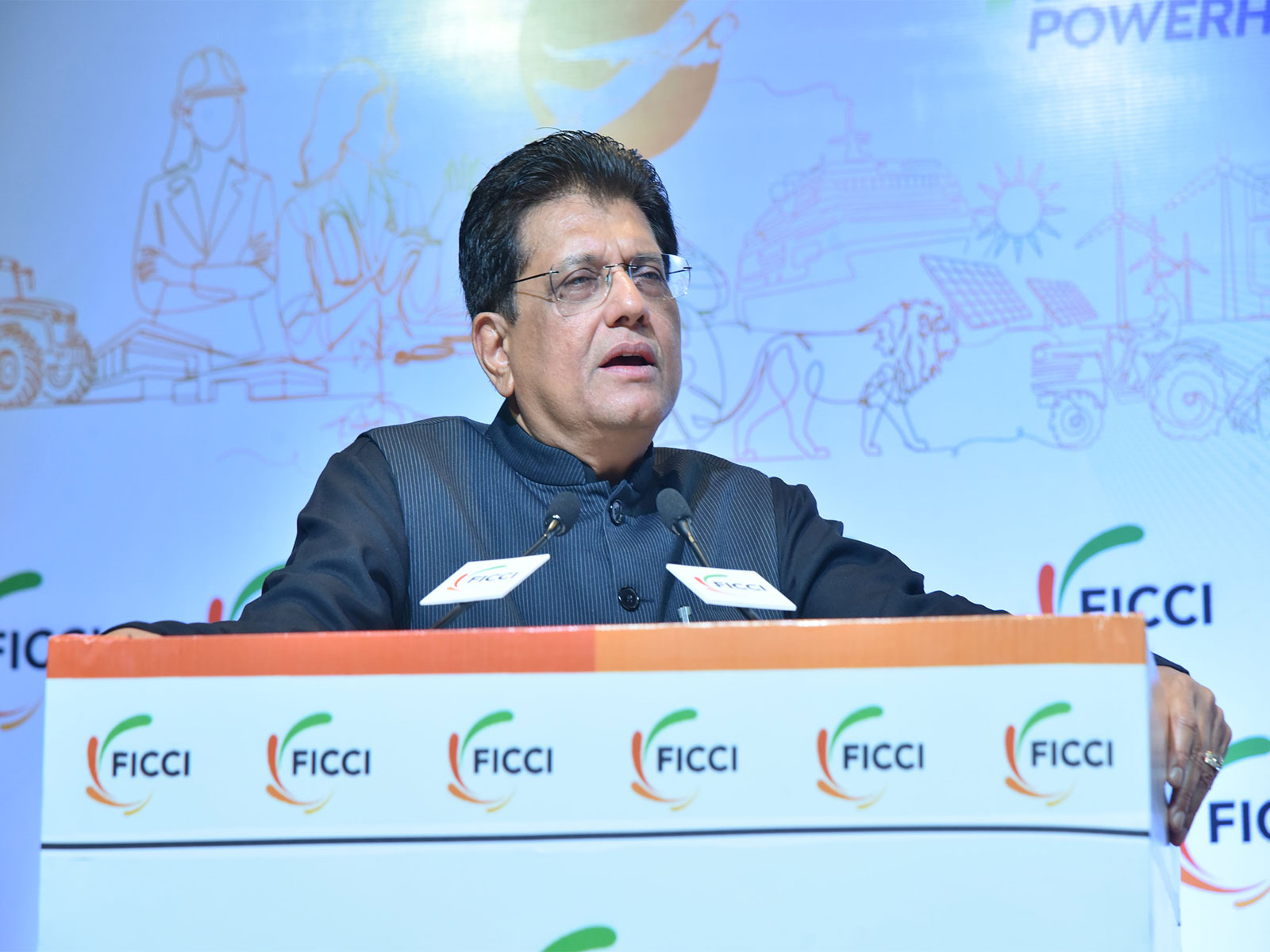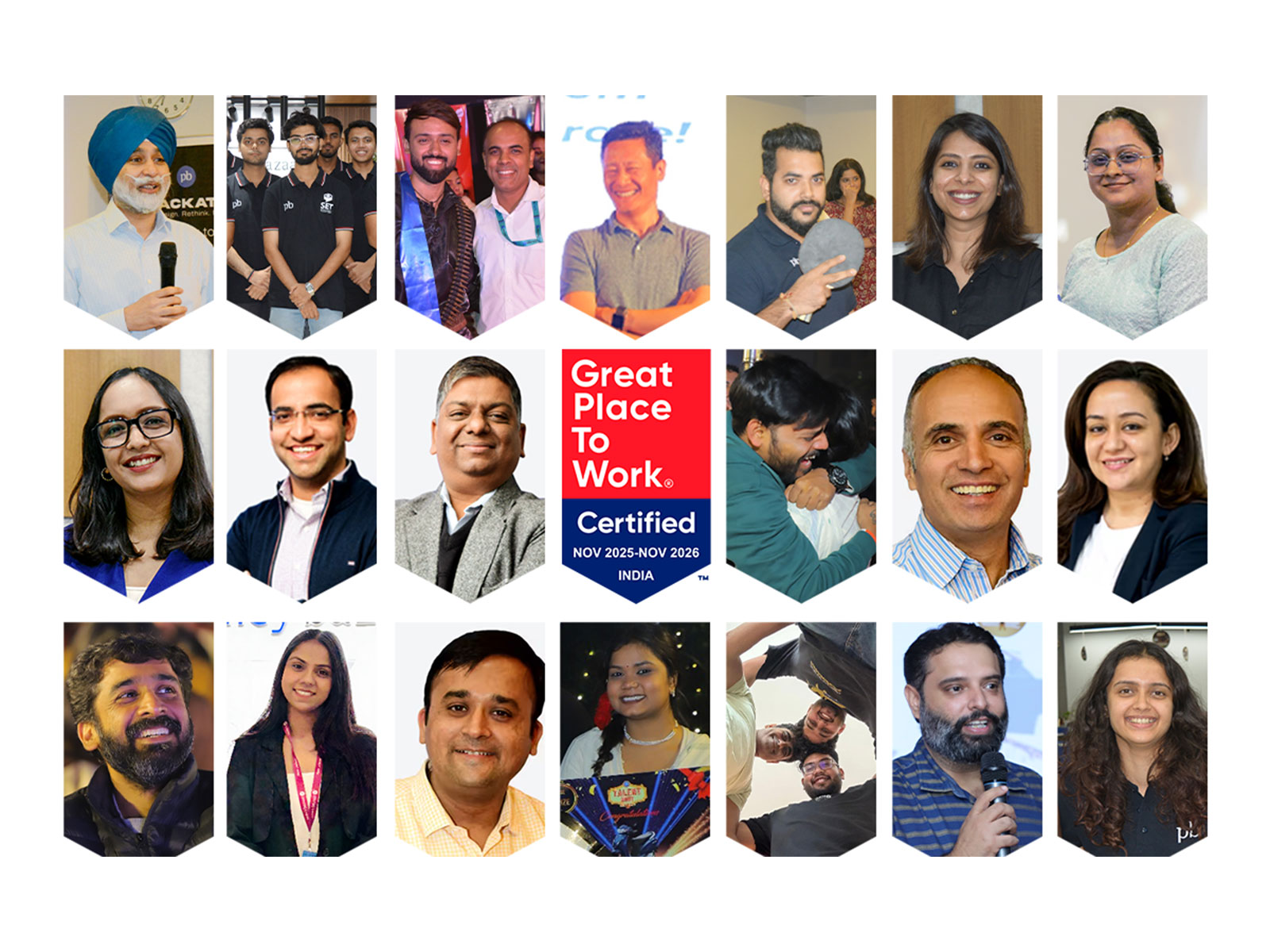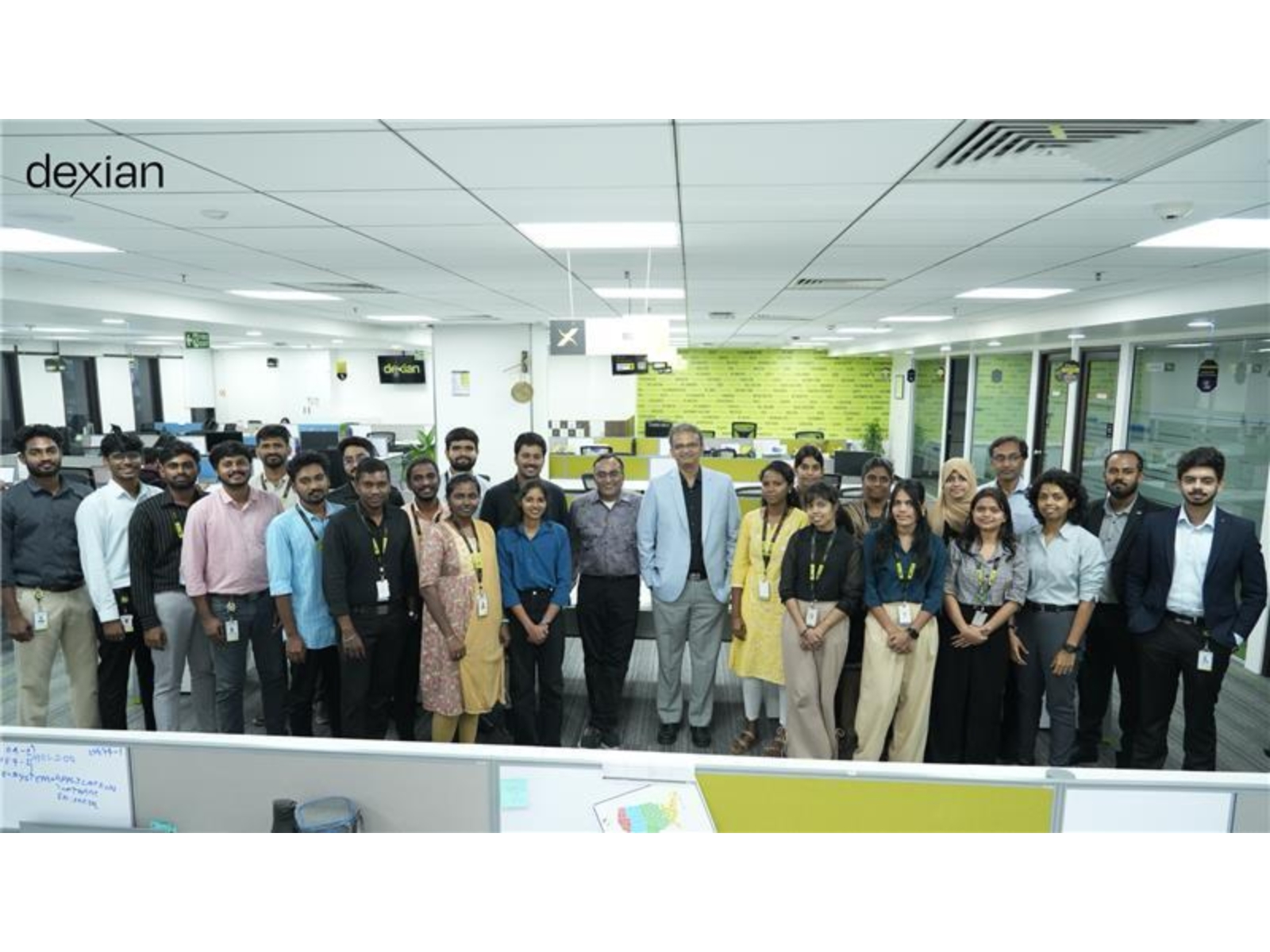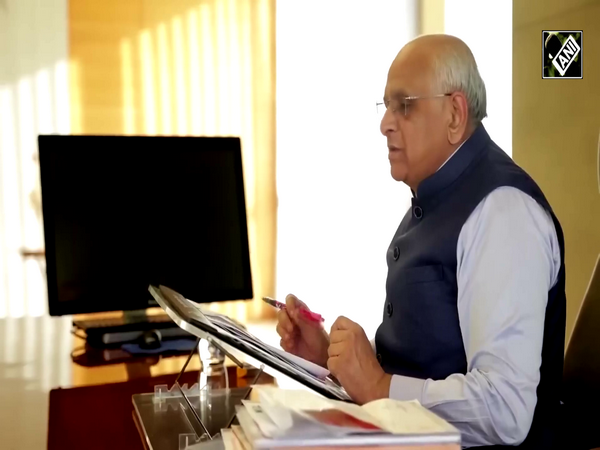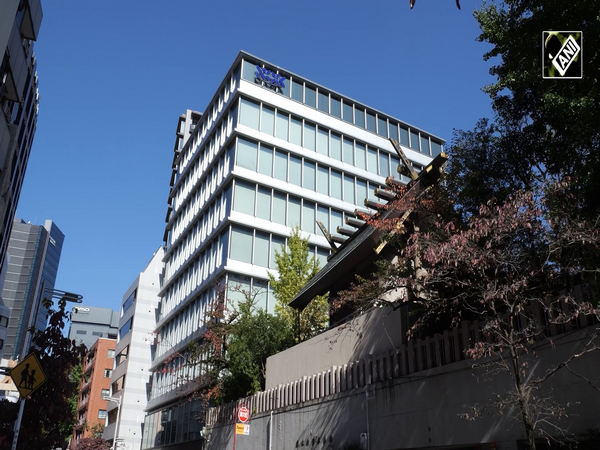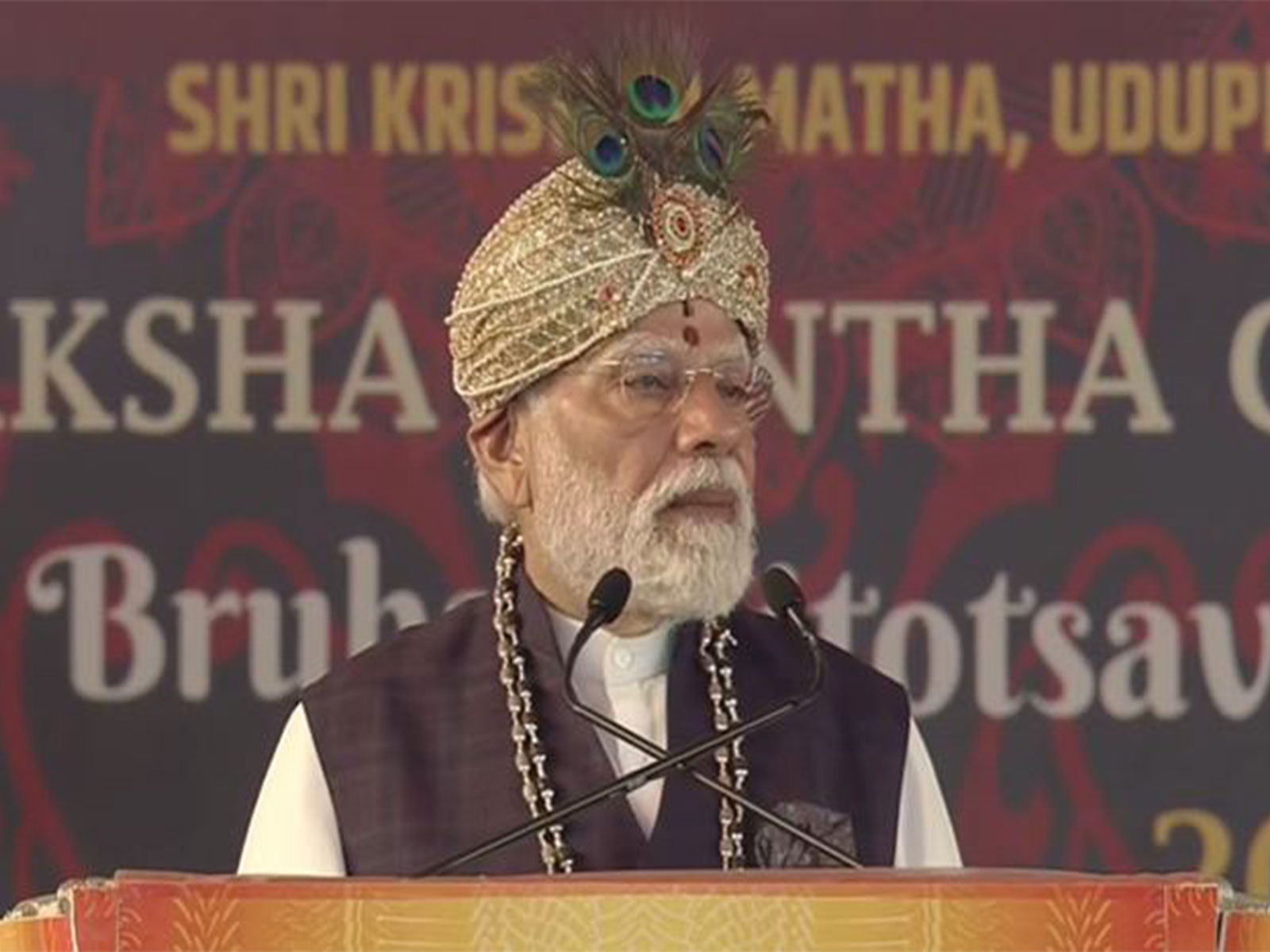
AI-powered automation will change work, but people remain indispensable: McKinsey Report
Nov 28, 2025
New Delhi [India], November 28 : Artificial intelligence may be advancing rapidly across industries, but people will remain at the core of the future workplace, according to a new McKinsey Global Institute report that examines how automation will reshape labour in the coming decade.
The study finds that currently demonstrated AI technologies could, in theory, automate activities equivalent to 57 per cent of today's US work hours, with digital "agents" able to perform non-physical tasks accounting for most of that potential. Robots could take on another 13 per cent of hours, mainly involving physical labour. However, researchers emphasise that this does not translate to equivalent job loss. Instead, most occupations will evolve as specific tasks are automated, shifting what work humans focus on rather than eliminating roles outright.
"Automation could, in theory, take on a majority of the work now done by people in the United States. That does not mean half of all jobs would disappear; many would change as specific tasks are automated, shifting what people do rather than eliminating the work itself," the report noted.
McKinsey stresses that people remain indispensable because the tasks most resistant to automation rely heavily on social and emotional intelligence, skills such as judgment, empathy, real-time perception, and complex interpersonal engagement.
"Work that draws heavily on social and emotional skills remains largely beyond the reach of automation even under a full-adoption scenario. This is because many tasks require real-time awareness," the report noted
These will remain out of reach for machines for the foreseeable future, such as teachers interpreting student cues, nurses responding to patient needs, or sales professionals sensing client hesitation, are cited as examples of work requiring uniquely human capabilities.
The report notes that even in highly automatable roles, humans will continue to supervise, validate, and guide AI systems as they scale. For instance, while AI can now accurately support radiological interpretation, radiologist employment in the United States has continued to grow, with physicians increasingly shifting from routine image review to higher-value decision-making and patient interaction.
Looking ahead, the researchers argue that the workforce will increasingly resemble a three-way partnership between people, AI-powered agents, and robots, with humans directing workflows, ensuring safety, and bringing judgment to decisions AI cannot navigate. As automation expands, some roles will shrink, others will expand, and new roles will emerge, particularly in areas such as AI supervision, systems orchestration, and quality assurance.
The report highlights that the long-term impact of AI depends not only on technological progress but also on how organisations redesign work to enable human-machine collaboration. While AI will dramatically alter how work gets done, the authors maintain that human labour, anchored by social intelligence, contextual understanding, and ethical judgment, will remain essential to productive and trusted workplaces.
